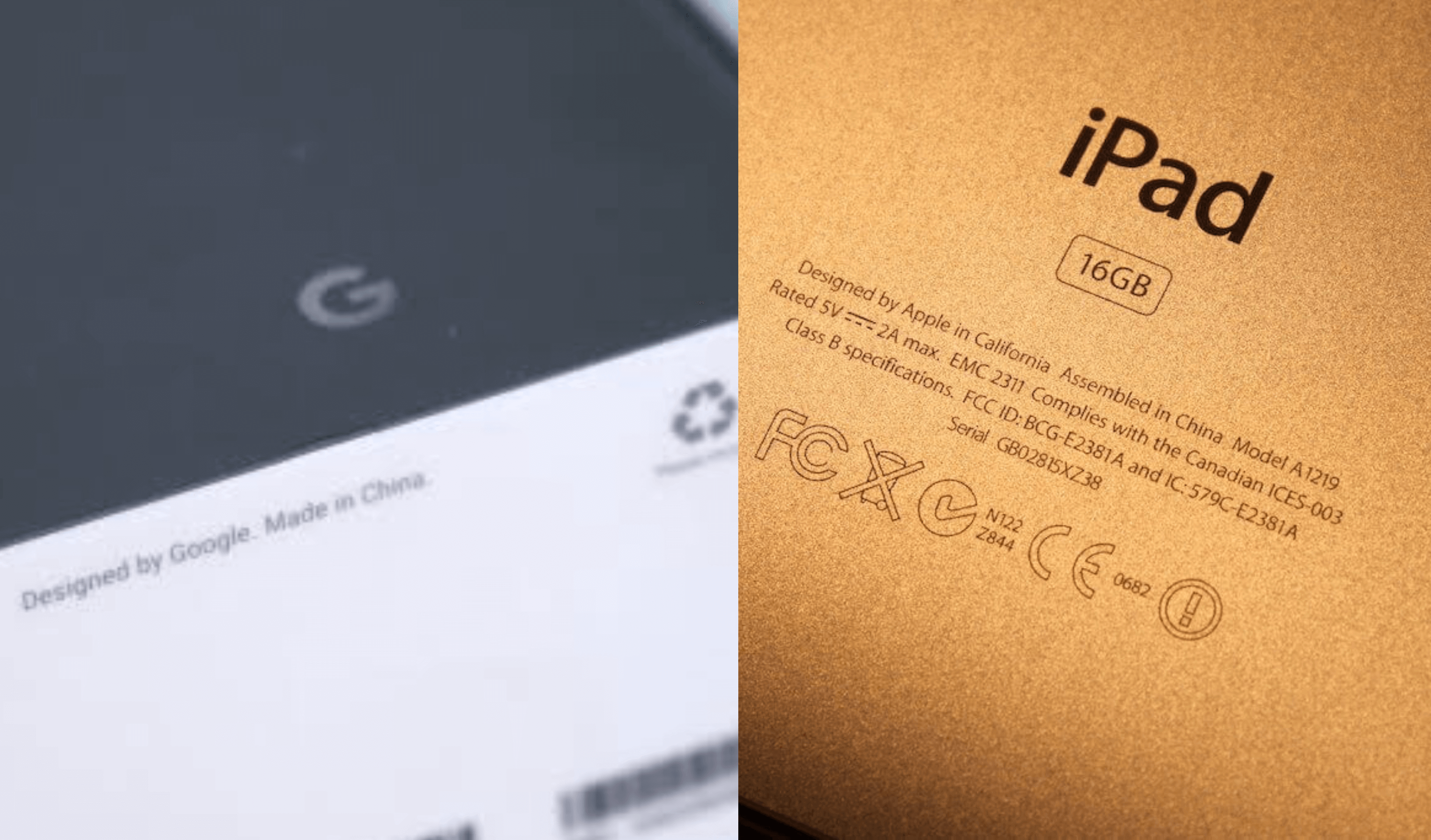Where are the "made in Africa" smartphones?
There are at least seven 'made in Africa' smartphone brands, but Transsion Holdings, a Chinese company, remains the top smartphone seller in Africa.

There are at least seven 'made in Africa' smartphone brands, but Transsion Holdings, a Chinese company, remains the top smartphone seller in the continent.
Mara Group—a pan-African multi-sector business services company—recently opened a smartphone factory in Rwanda. The factory will be producing two Maraphone models, the Mara X and the Mara Z. Mara brags that its smartphones are entirely home-made—produced and packaged in Rwanda.
The entire manufacturing process, from the motherboard all the way to the packaging of the phone is done in our newly-opened factory.

Mara first announced plans to open smartphone factories in Rwanda and South Africa at the Africa Investment Forum last year. With this newly-opened factory in Rwanda, Mara now has two manufacturing plants in Africa.
But in addition to Mara, there are at least seven other OEMs (Original Equipment Manufacturers) running with the 'made in Africa by Africans for Africans' narrative. These are: Afrione, Imose Mobile, Pliris Mobile, and Solo Phone in Nigeria; SICO Technology in Egypt, and Onyx Connect and Mint in South Africa.
There is also VMK, a Congolese startup launched in 2009, which opened a factory in Mpila, Congo Brazzaville, in July 2015. Then, Vérone Mankou, CEO of VMK said: "All feature phones such as Elikia XS will be assembled on site, which will make this telephone to be the first telephone made in Congo". He explained further that only the raw materials will be imported from Asia.
Quartz has debunked VMK's "made in Congo" claim in a report, titled: "The first smartphone made in Africa is a farce". It submits that VMK is basically buying phones made in China, branding them as its own and selling them for a markup.
Are 'made in Africa' phones mislabelled?
While other phone factories in Africa might not be a farce, most of them are more or less assembling plants because majority of their phones components are imported.
And this is not wrong in itself. American phone manufacturers, like Apple and Google, also design their products and assemble them in China. But they are not fixated on labelling their products made in California or America, like their counterparts in Africa.

Three years ago, Onyx Connect announced a partnership with Google to produce $30 (N10,830) Android phones locally. The South African phone manufacturer disclosed that much of the phone components would be imported from China and only the design, phone cases, and future research and development would be done locally.
Similarly, SICO Technology revealed in 2017 that its smartphone, adjudged the first Egyptian-made smartphone, had only 45% of its components sourced locally; Nigeria's Afrione ditto.
But these phones are still blatantly branded made in South Africa, Egypt and Nigeria, respectively. For these African OEMs, they want to use the country of origin image to appeal to their customers. But it does not seem to be working.
Fisayo Fosudo, a Nigerian tech Youtuber, told benjamindada.com that smartphone and mobile tech consumers do a lot of research before making a purchase. He said, "These Chinese manufacturers appeal to them more than the latter [referring to Afrione and its ilks]".
Source: StatCounter Global Stats - Device Vendor Market Share
Extrapolating from the US Federal Trade Commission's explanation of made in USA, an African-made product must be manufactured or produced within the continent borders from "all or virtually" African components. "All or virtually all" means that the product should contain no—or negligible—foreign content.
This is definitely a tall order for African OEMs, considering the level of research and development the the continent. In addition to that, Africa's tech talents are seemingly narrowly-focused on software development.
Why are these African-made phones less popular?
I tried to get hold of the "made in Nigeria" devices: Afrione, Solo, Pliris and Imose. Where else to look for them than the foremost retail outlet of electronic devices—SLOT?
I went to SLOT outlets at the Computer Village, Ikeja. And surprisingly, only Afrione had a showcase stand in the store. The attendants on duty expressly told me that they don't sell the other products.
As at the time of publication, Pliris website was displaying a 404 error page. Solo and Imose are yet to respond my email too. Fisayo also told benjamindada.com that he had tried to reach Afrione in the past but to no avail.
I also checked 3C Hub at Ikeja and none of the 'made in Nigeria' phones was available.







Comments ()